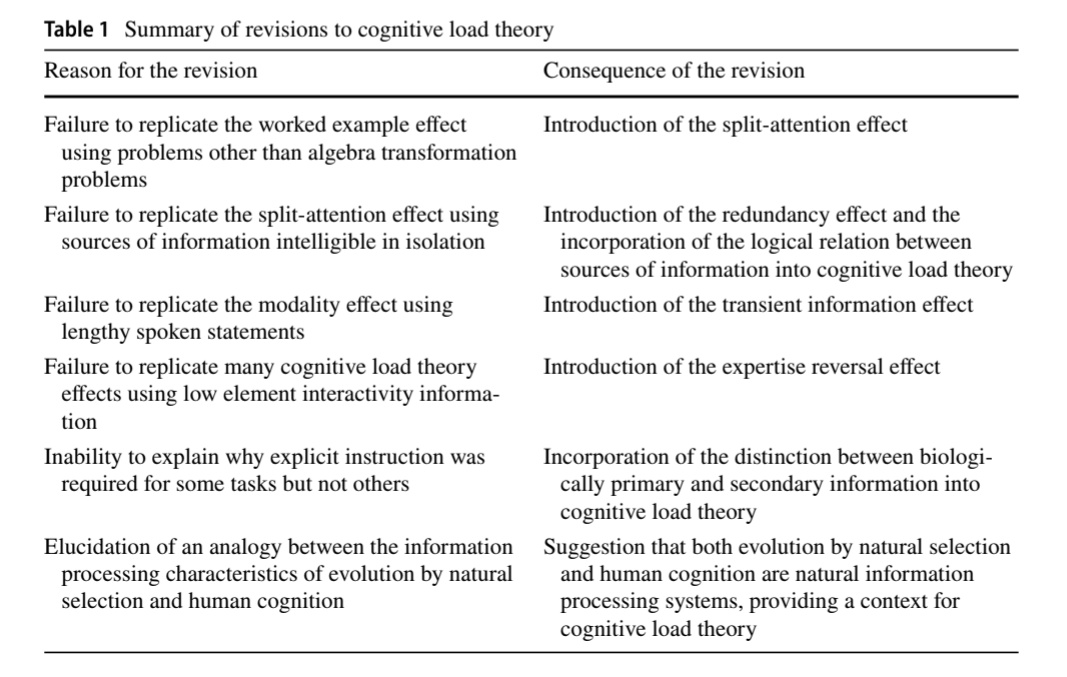I find it quite difficult to explain this but I’ll keep on trying. It’s about the condtant change in how ‘knowledge’ is meant, as in certain specific knowledge is good for knowing thst dpecifuc knowledge, versus general claims about knowledge.
https://twitter.com/cbokhove/status/1308847234197454848
The tweet was about transfer of course but quite often those commenting on transfer combine it with the domain-specificity of knowledge. Take chess. De Groot, Herbert, Simon... or Leslie and Recht’s baseball study....take-away: knowledge matters...
...but of course not any old knowledge matters. The original point is that it matters for assessment on that knowledge. Therefore, imo it is a shift of the use of knowledge, when people say “ergo, I’m a proponent of knowledge curricula” in the sense that ‘they work’.
The shift is one from very specific knowledge to ‘knowledge in general’. The same applies to genericisms like ‘loads of knowledge’. A curriculum contains specific knowledge; angeneral argument for their effectiveness needs evidence.
And the irony would be that if this evidence would exist on standardised assessments, then that specific combination of knowledge together in curriculum could actually be a sign of some transfer (‘these curricula work’ broadly). But the research is mixed.
Especially for the CKLA program (which Hirsch devised) some sites improved, others didn’t. Hirsch himself AFAIK is not a fan of trials like that: the length is too short and standardised assessments don’t capture specific knowledge. So you need knowledge tests.
Tests that measure the knowledge that has been taught.
But now back to transfer....why does this not hold for chess as well? Or music. Or any topic? Of course it does hold for that.
But now back to transfer....why does this not hold for chess as well? Or music. Or any topic? Of course it does hold for that.
The point being that if you keep the yardstick the same for all studies involving knowledge...*general* claims about knowledge (curricula) have similar challenges as transfer challenges. If no transfer occurs...could argue too ‘not long enough’, ‘not measured the right thing’.
Those are not suddenly ‘cop-outs’. They are just as valid as Hirsch’s comments towards ‘knowledge curricula’. If you talk about *specific* knowledge then it will benefit proficiency of *that* knowledge. But some over time perhaps benefits more generally (transfer).
To quote a event podcast “Transfer is difficult, far transfer is difficult, but there is no question it occurs and that it is possible.”
• • •
Missing some Tweet in this thread? You can try to
force a refresh





